Boosting Efficiency Through Strategic Leadership
The Situation
An Italian-owned company in the United States, specializing in electrical testing equipment for EV batteries, was facing significant challenges. The production facility in the U.S. was unable to keep up with the rapidly growing market demand, leading to a critical backlog in deliveries. The company needed to enhance its production capabilities while maintaining quality and ensuring smooth operations during a period of transition. Additionally, the U.S. operations team suffered from poor motivation, partly due to the Italian parent company’s strong sales focus, which created friction between the teams.
The Task
To address these issues, an Interim Manager was brought in as General Manager. The primary objectives were clear: reduce the delivery backlog to an acceptable level, increase production capacity without compromising productivity during the transition to a new facility, and improve overall production quality.
The Actions
The Interim Manager implemented several strategic actions to achieve these goals. First, the management team was strengthened with the introduction of targeted operational meetings and functional reporting. The Material Requirements Planning (MRP) system was reorganized, eliminating production stoppages caused by missing materials. A well-planned relocation of the facility, along with a capital investment of over $1.3 million, was executed without impacting production or EBIT.
New production processes, such as automatic testing, water jet cutting, and powder coating, were introduced to enhance efficiency and flexibility. Quality control measures were initiated in critical areas like testing, final inspection, and assembly. Kaizen groups were established, yielding immediate returns on investment. Additionally, IT tools were deployed for managing product component lists, barcodes were introduced for work progress tracking, and the workshop transitioned to a paperless system, reducing job preparation time. New employee regulations that aligned with U.S. culture were implemented, and a revised compensation plan with a new personnel evaluation system was put in place. Meritocracy played a major role in motivating the U.S. team.
The Results
The implemented actions led to impressive outcomes. The company’s revenue increased by 44%, reaching €23 million. The backlog was reduced by three months, aligning delivery times with industry standards. Direct labor costs were reduced by 2% through the introduction of the new compensation plan, and production capacity saw an 80% increase.
The Top Three Lessons Learned
Effective Leadership and Team Collaboration:
Strengthening the management team and fostering collaboration through structured meetings and clear reporting can significantly enhance operational efficiency across diverse cultures. Merit-based rewards and recognition procedures are crucial in the USA, even more so than in Italy.
Strategic Planning and Execution:
A well-thought-out plan, including careful investments and process improvements, can be executed without disrupting existing operations, leading to substantial growth—provided the team is motivated to execute it.
Continuous Improvement:
Implementing Kaizen principles and focusing on quality control in critical areas can lead to immediate and sustained improvements in production and overall business performance, serving as a framework for cross-cultural collaboration.
